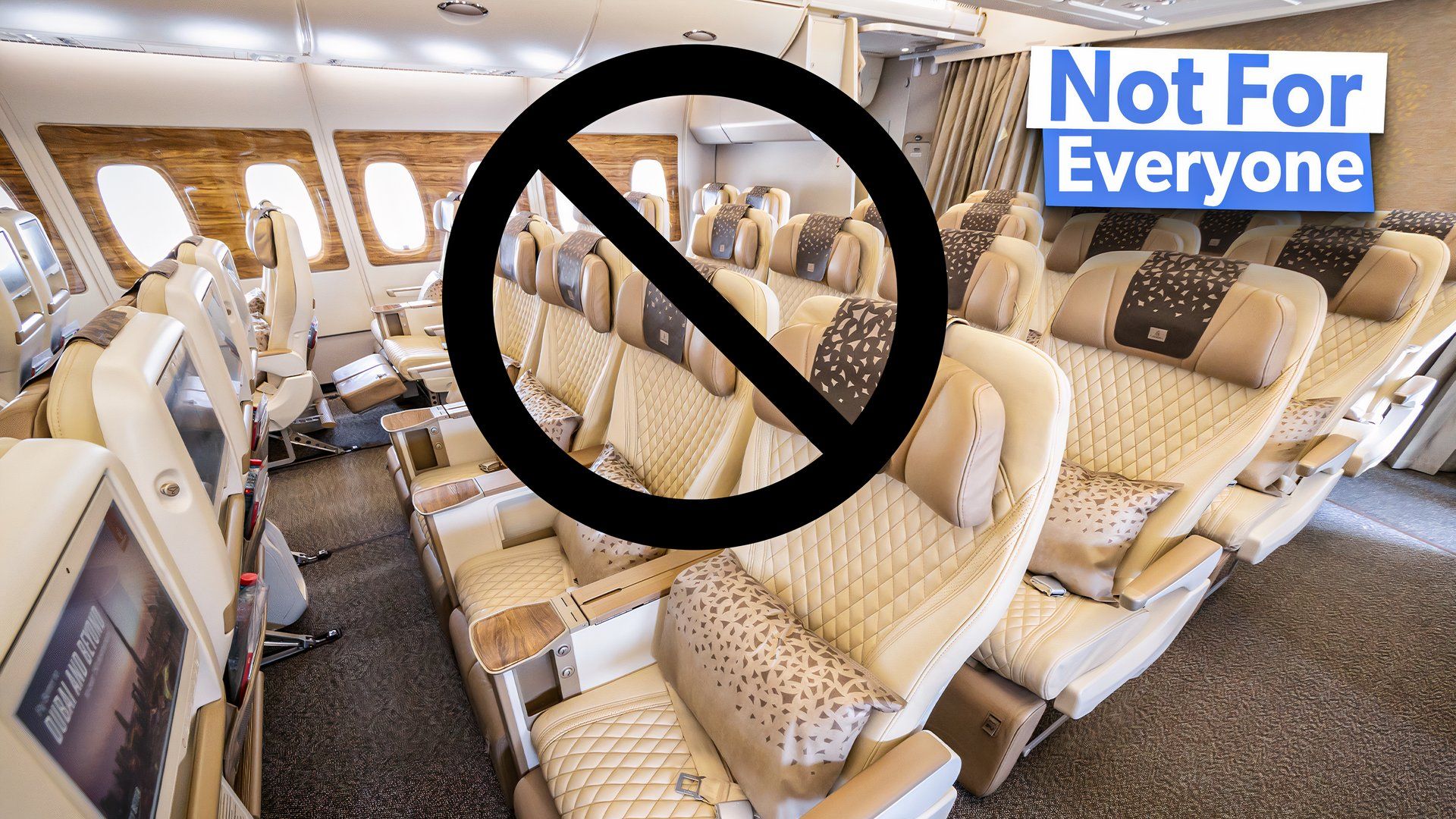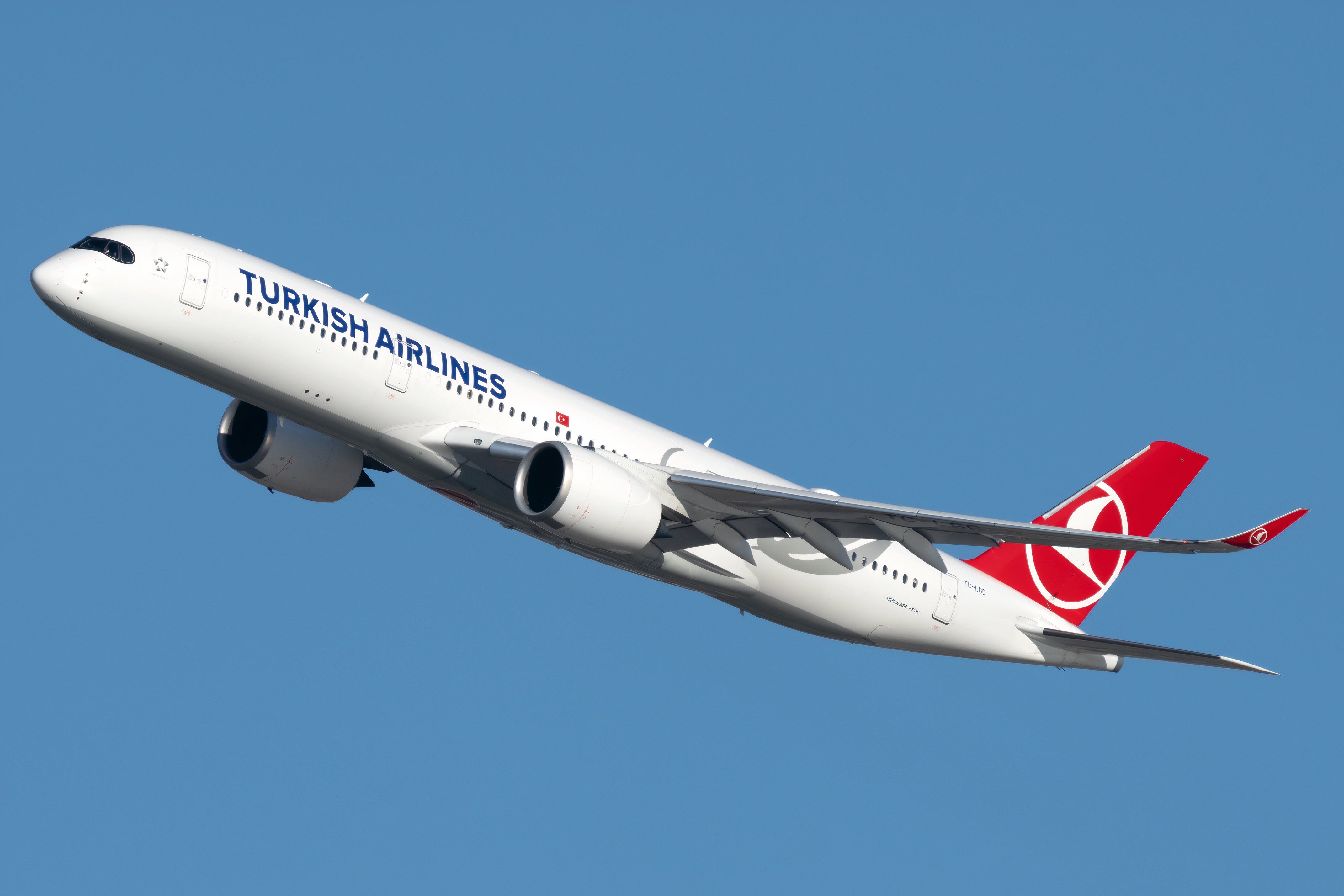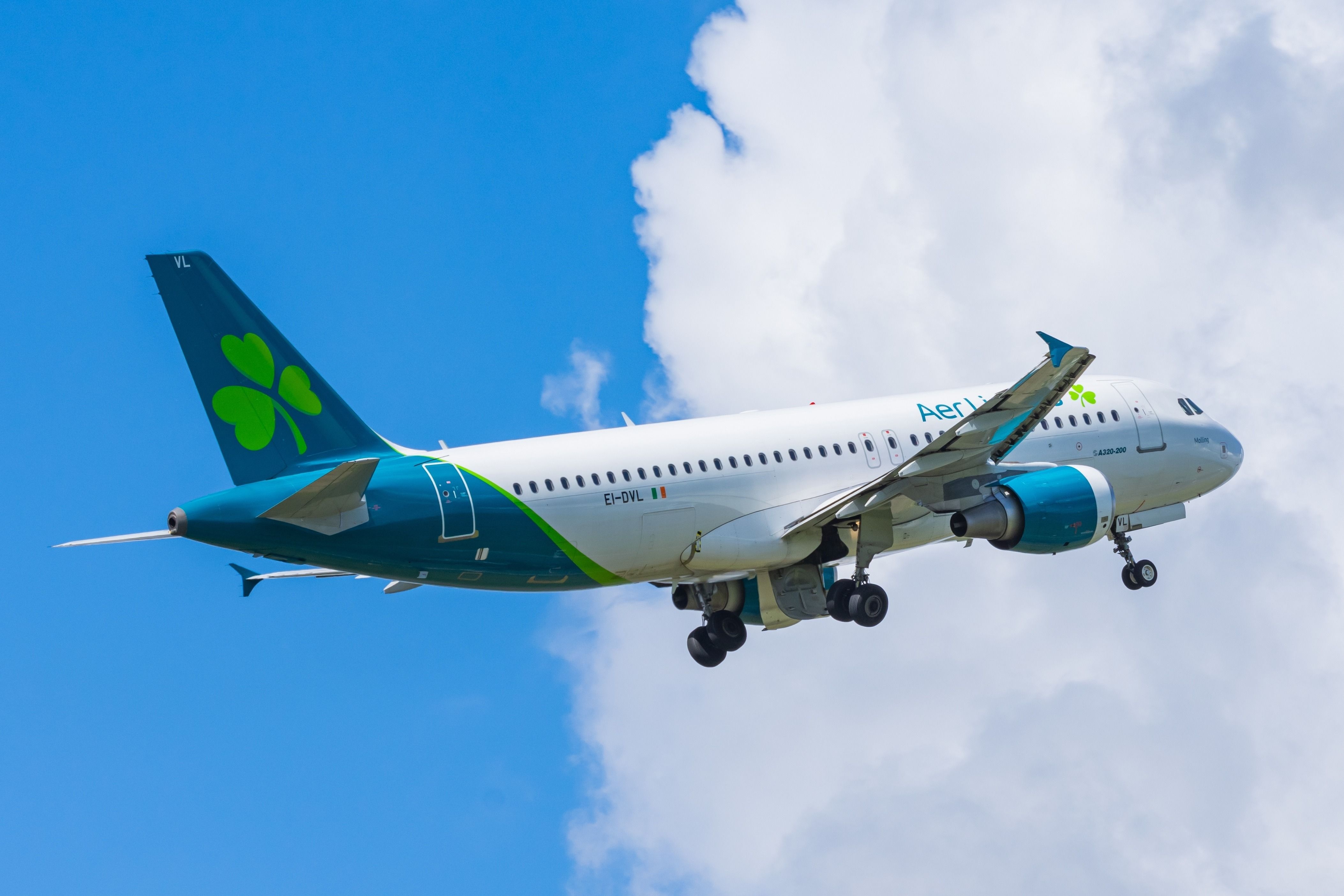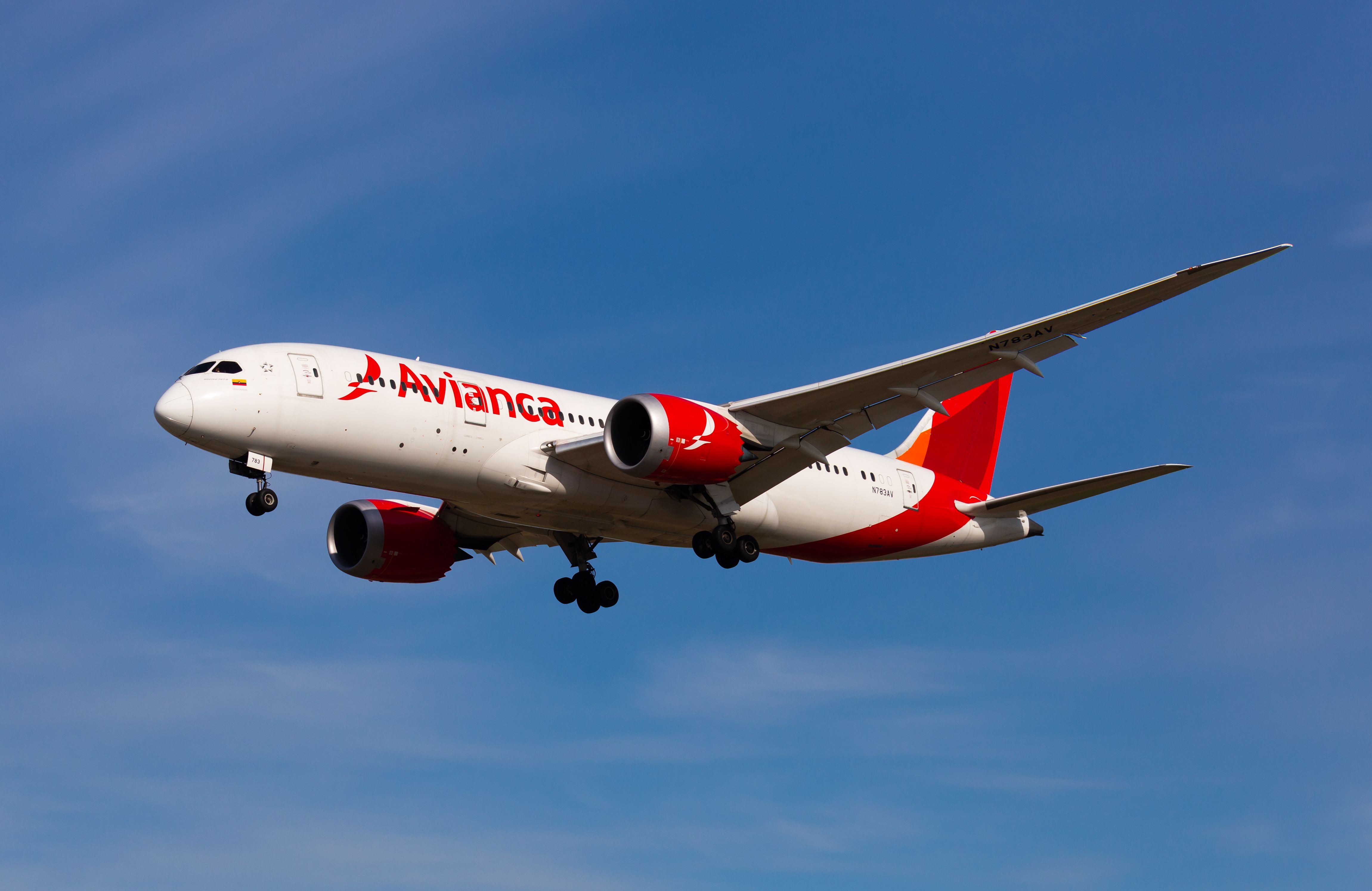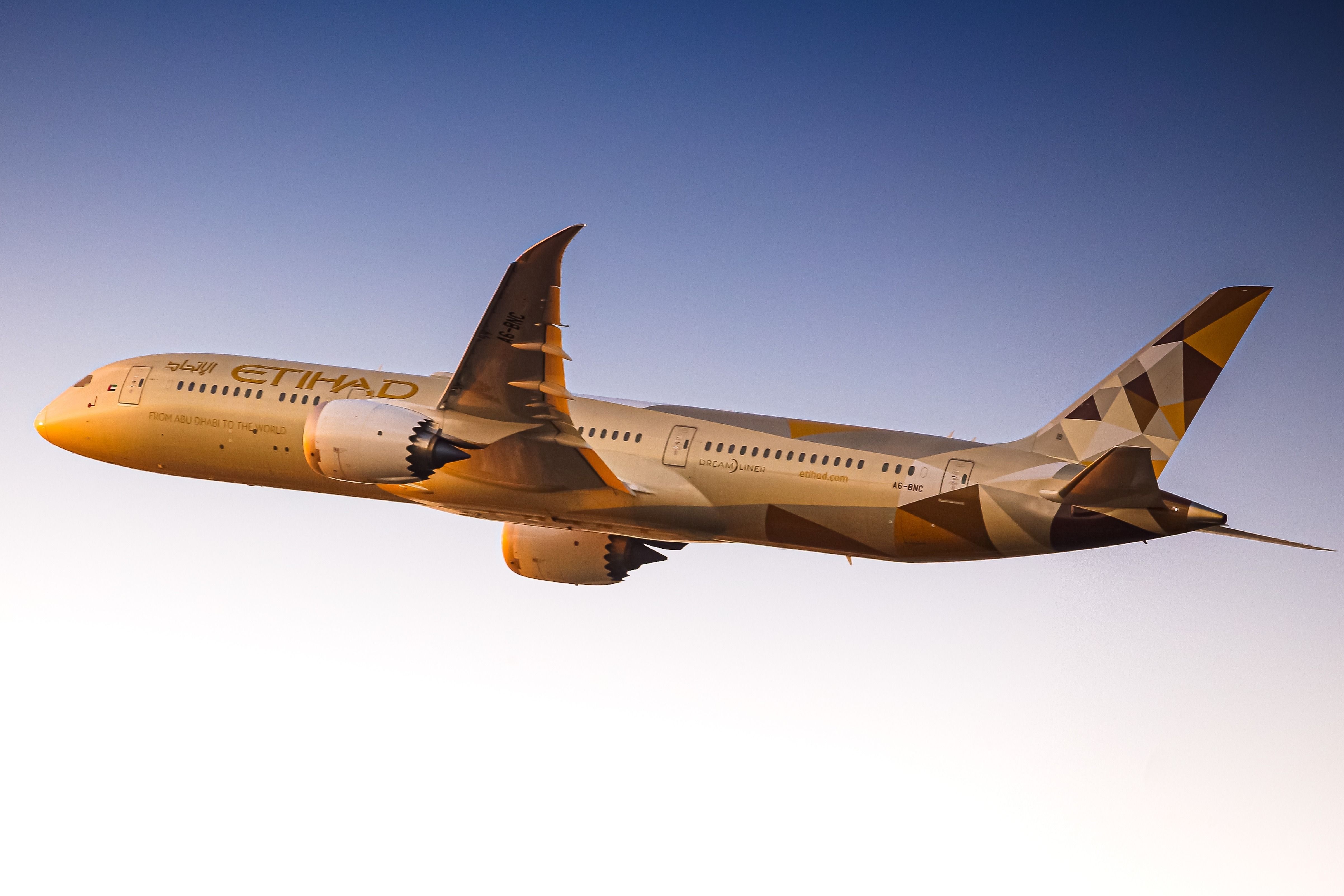Premium economy has emerged as a lucrative middle-ground product for many airlines, with carriers like Lufthansa calling it their “most profitable cabin”. However, not all carriers are on board. Both Turkish Airlines and Aer Lingus provide prime examples of why airlines might avoid premium economy despite its profitability for others.
- Turkish Airlines: The carrier initially launched premium economy under the brand Comfort Class but scrapped it in 2016. Chairman Ahmet Bolat cited financial reasons, explaining that competitive business class fares reduced the need for an additional mid-tier option.
- Aer Lingus: As part of International Airlines Group (IAG), Aer Lingus is strategically positioned to compete on price. By focusing on economy and business class offerings, it avoids overlapping with its sister airlines, British Airways and Iberia, which offer premium economy.
“We will not have a premium economy product,” Turkish Airlines Chairman Ahmet Bolat confirmed, noting that their business class pricing remains affordable enough to eliminate the need for a middle-tier cabin. — Skift.com
Operational efficiency: simplicity over complexity
One of the key reasons airlines like Turkish Airlines and Aer Lingus opt out of premium economy is operational efficiency.
Photo: Vincenzo Pace | Simple Flying
Turkish Airlines operates one of the largest global networks, maintaining a diverse fleet with widebody aircraft like the Boeing 787 and Airbus A350. These aircraft are optimized for a two-class configuration. Bolat explained that adding a third cabin would disrupt fleet uniformity, complicating everything from catering to seat availability across their network.
- Consistency: A simpler cabin structure allows for streamlined maintenance and crew training.
- Fleet Consideration: The possibility of a shift towards smaller widebody aircraft makes premium economy less viable due to reduced space for extra seating segmentation.
Aer Lingus: The Irish carrier operates in a market where price sensitivity is high, especially on transatlantic routes. According to Airline Revenue Economics, the operational simplicity of a two-cabin configuration allows Aer Lingus to maintain a competitive cost structure, essential for competing with low-cost airlines.
Photo: Minh K Tran | Shutterstock
avianca has similarly avoided the introduction of premium economy. According to avianca, the airline chose to enhance its economy class with “Plus” seating, which offers more comfort without the complexity and costs associated with a third cabin class.
Photo: BearFotos | Shutterstock
Etihad Airways: According to Next Level of Travel, Etihad has also opted for a two-cabin structure, focusing on elevating its business and economy products instead of introducing premium economy.
Photo: KeleX Pictures | Shutterstock
Want to know more about how airlines manage operational complexity? Check out our article on the challenges faced by long-haul carriers managing diverse fleets here.
Cabin cannibalization: protecting the business class
Initially, many airlines feared that introducing premium economy would cannibalize their business class products. However, most have found the opposite to be true—premium economy generally attracts passengers upgrading from economy rather than downgrading from business.
Despite this, Turkish Airlines maintains its competitive business class pricing, making premium economy unnecessary. According to Bolat, Crystal Business Class—the airline’s new suite product launching in 2026—focuses on comfort, privacy, and luxury, catering to premium travelers.
Aer Lingus avoids premium economy to prevent competition within IAG. By focusing on robust economy and business products, it targets price-sensitive travelers and those seeking a premium experience without the higher costs of competitors like British Airways.
Key Considerations:
- Market segmentation and pricing strategies.
- Avoiding competition between sister airlines in IAG.
Demand: catering to different markets
While premium economy is popular with airlines like Emirates and Lufthansa, Turkish Airlines, avianca, and Etihad Airways serve markets where the demand for this product isn’t as strong.
Turkish Airlines focuses on passengers flying through its Istanbul hub. With a large number of connecting passengers, the airline has found that economy and business class offerings are sufficient. Adding a third cabin would only complicate the booking and seating process.
Aer Lingus, on the other hand, operates transatlantic routes, where it competes directly with low-cost carriers. Offering premium economy could price Aer Lingus out of its market, so the airline has opted to maintain its competitive edge by focusing on economy fares.
avianca: According to avianca, the airline decided to offer a “Plus” seat option within the economy cabin, rather than adding premium economy. This move allows the airline to increase seat capacity while still offering an enhanced passenger experience.
Etihad Airways similarly focuses on elevating its economy and business offerings, with no plans to introduce premium economy.
Demand summary:
- Turkish Airlines: Connecting passengers with an emphasis on affordable options in economy and business class.
- Aer Lingus: Competing on price and leveraging transatlantic routes without needing to offer a mid-tier cabin.
- avianca & Etihad: Focused on efficiency and enhanced economy offerings instead of introducing premium economy.
Wrapping it up
For airlines like Turkish Airlines, Aer Lingus, avianca, and Etihad, the decision not to offer premium economy is rooted in strategy and efficiency. By focusing on operational efficiency and market segmentation, these airlines have found that sticking to a two-class system—economy and business—better suits their business models.
Turkish Airlines’ upcoming Crystal Business Class will offer passengers unparalleled privacy and comfort, competing directly with premium products from other airlines.
Both avianca and Etihad Airways have opted to enhance their existing cabin offerings instead of complicating operations with a third class. According to avianca and Next Level of Travel, it’s about offering passengers what they value most without diluting their cabin products.

